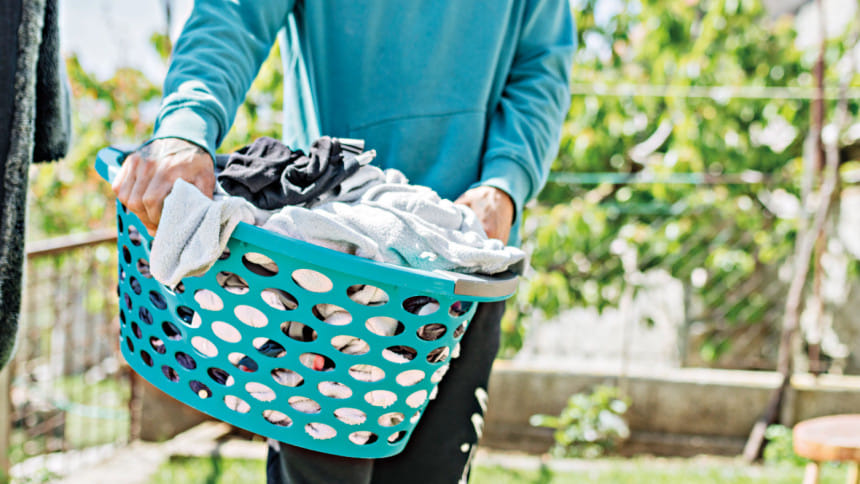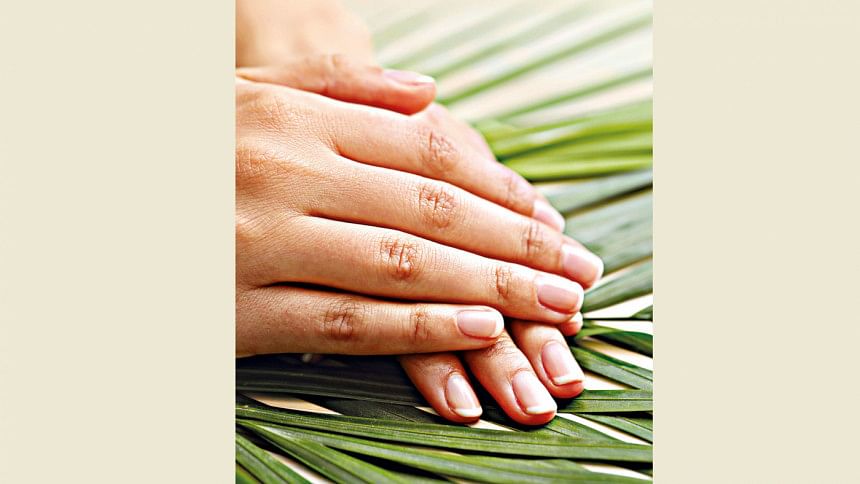The Shift to Safe and Sustainable Formulations

Detergents have long relied on chemical compounds that make them highly effective cleaners, but at a cost. Conventional formulas often include phosphates, artificial fragrances, and surfactants that are harmful to the environment. Phosphates, for instance, can lead to water pollution by promoting algae growth, depleting oxygen in water bodies, and harming aquatic life. To address these impacts, industry leaders are increasingly opting for plant-based surfactants and biodegradable ingredients that deliver the same cleaning power with fewer environmental downsides.
In Bangladesh, the laundry detergent market is dominated by brands such as Unilever and ACI, with new competitors like ORIX and Redy also making significant strides. These brands are not only catering to the needs of Bangladeshi consumers but are also actively aligning with global sustainability trends. ACI, for example, has focused on developing products that minimize health and environmental risks, emphasizing safety and eco-friendly components. According to Md. Quamrul Hassan, Business Director of ACI Consumer Brands:
"We've embraced eco-friendly, non-toxic, allergen-free additives in our products, ensuring they're safe for your family and gentle on the planet. Your well-being and our earth matter to us."
This consumer-first approach includes the use of biodegradable surfactants, non-toxic additives, and recyclable and compostable packaging materials, all designed to address health concerns and lessen environmental impact. Additionally, ACI's emphasis on lightweight packaging aims to reduce waste and carbon footprint during transportation.
Unilever Bangladesh has made a significant impact in the realm of environmental responsibility. It has launched the largest private-public plastic waste management initiative in the country. Through this program, the company supports 2,800 waste workers in Chattogram, enabling them to collect and process approximately 10% of the city's mismanaged plastic waste. Md. Shadman Sadikin, Marketing Director for Homecare at Unilever Bangladesh, highlights the importance of this commitment:
"One of our commitments to enhance plastic sustainability is to collect more plastic than we use. Since 2022, we have been collecting more plastic in Bangladesh. Our plastic waste management initiative is the largest private-public partnership, supporting 2,800 waste workers in Chattogram and managing 10% of the city's mismanaged plastic waste."

Newer players in the Bangladeshi market, like Redy and ORIX, are also making notable contributions to fabric care innovation. Redy recognises that modern consumers are looking for versatile detergents suitable for various fabrics and washing methods. In response, the company has developed products that meet these multifaceted needs and adhere to sustainability standards set by the Ministry of Environment and the Bangladesh Standards and Testing Institution (BSTI). According to Fazal Mahmud Roni, Head of Marketing at Radiant Care (Redy's parent company), the brand is exploring liquid detergents and capsules, popular in other regions for their eco-friendly packaging and precision in dosing.
Similarly, ORIX has introduced Bangladesh's first domestically produced fabric shampoo, targeting delicate garments like silk, georgette, and chiffon. Abdulla Al Mahmud, a representative from ORIX, notes that their products are formulated to be both fabric-safe and skin-friendly, enhancing the appeal for consumers who prioritise comfort and gentleness.
Safe and Sustainable Detergent Practices for Consumers
While companies are doing their part to produce safe and eco-friendly detergents, consumers also have a role to play in minimising environmental and health impacts. To enhance safety and sustainability in laundry routines, the following best practices are recommended:
• Use the recommended amount of detergent to prevent overuse.
• Wear protective gear (e.g., gloves) when hand washing to avoid skin irritation.
• Avoid inhaling detergent dust or fumes from powdered products, as these can irritate the respiratory system.
• Avoid mixing detergent with other cleaning products to prevent adverse chemical reactions.
• Opt for eco-friendly and hypoallergenic detergent options.
• Check expiration dates and dispose of expired products properly to ensure effectiveness and safety.
By following these practices, individuals can help reduce the health and environmental risks associated with traditional laundry detergents, while also supporting the growing movement toward sustainability.

 For all latest news, follow The Daily Star's Google News channel.
For all latest news, follow The Daily Star's Google News channel. 



Comments